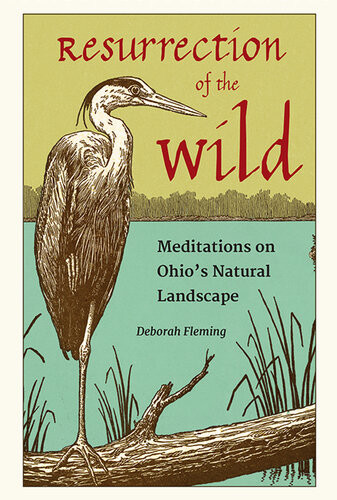

Most ebook files are in PDF format, so you can easily read them using various software such as Foxit Reader or directly on the Google Chrome browser.
Some ebook files are released by publishers in other formats such as .awz, .mobi, .epub, .fb2, etc. You may need to install specific software to read these formats on mobile/PC, such as Calibre.
Please read the tutorial at this link: https://ebookbell.com/faq
We offer FREE conversion to the popular formats you request; however, this may take some time. Therefore, right after payment, please email us, and we will try to provide the service as quickly as possible.
For some exceptional file formats or broken links (if any), please refrain from opening any disputes. Instead, email us first, and we will try to assist within a maximum of 6 hours.
EbookBell Team

4.3
18 reviewsAn impassioned call for recognizing and preserving the ecological wonders of the Allegheny Plateau
Yosemite National Park, Louisiana's bayou, the rocky coasts of New England, the desert Southwest—America's more dramatic locations are frequently celebrated for their natural beauty, but far less has been written about Ohio's unique and beautiful environment. Author Deborah Fleming, who has lived in rural Ohio and cared for its land for decades, shares fourteen interrelated essays, blending her own experiences with both scientific and literary research. Resurrection of the Wild discusses both natural and human histories as it focuses on the Allegheny Plateau and hill country in Ohio's eastern counties.
These lyrical meditations delve into life on Fleming's farm, the impacts of the mining and drilling industries, fox hunting, homesteading families, the lives of agriculturalist Louis Bromfield and John Chapman (better known as Johnny Appleseed), and Ohio's Amish community. Fleming finds that our very concept of freedom must be redefined to include preservation and respect for the natural world. Ultimately, Resurrection of the Wild becomes a compelling argument for the importance of ecological preservation in Ohio, and Fleming's perspective will resonate with readers both within and beyond this "forgotten" state's borders.